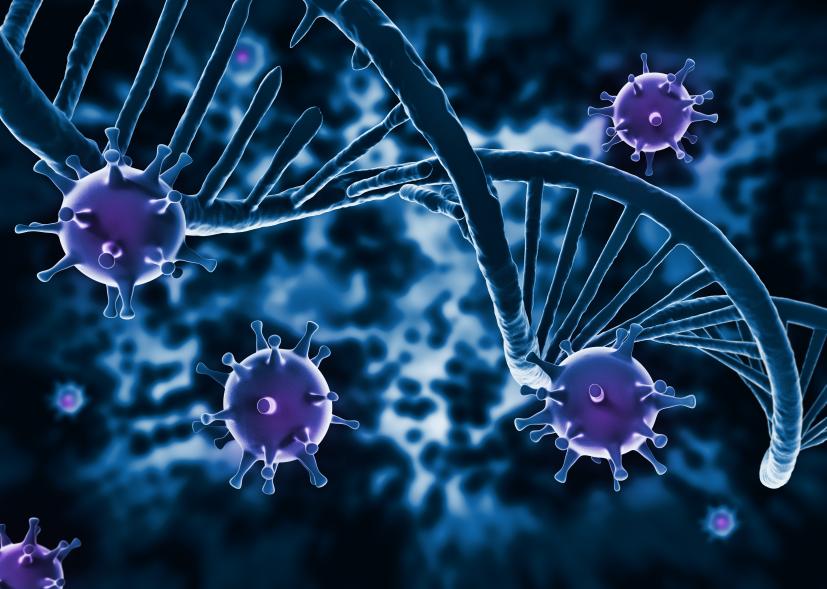Sci & Tech
Scientists Have Successfully Removed HIV From Infected Cells With New Technology
-

 Investigations1 week ago
Investigations1 week agoInvestigation Exposes Alleged Sex Crimes at Alliance Girls High School Amid Institutional Cover-Up
-

 Grapevine2 weeks ago
Grapevine2 weeks agoCS Alfred Mutua Embroiled in Custody Battle After A ‘Quick’ Moment With Kenyan Girl in Dubai
-

 Opinion2 weeks ago
Opinion2 weeks agoWhy Ruto Dumped Isiolo Governor Abdi Guyo: A Political Betrayal in the Making
-

 News2 weeks ago
News2 weeks agoOle Kina Fragrance Sets Kenyan Market Abuzz with Million-Shilling Expansion
-

 Americas1 week ago
Americas1 week agoHow A Nigerian Yahoo Boy’s Elaborate Plan to Scam Trump Backfired As FBI Goes After Him
-

 Politics4 days ago
Politics4 days agoMoses Kuria Resigns from Kenya Kwanza Government
-

 News1 week ago
News1 week agoOutrage as Kenya Agrees to Buy Defence Equipment From UK in Ksh12.5 Billion Deal
-

 News1 week ago
News1 week agoIrony of Lydia Mathia Seeking Court Interventions Months After Calling Court Orders ‘Mere Papers’ While Spearheading Evictions




















